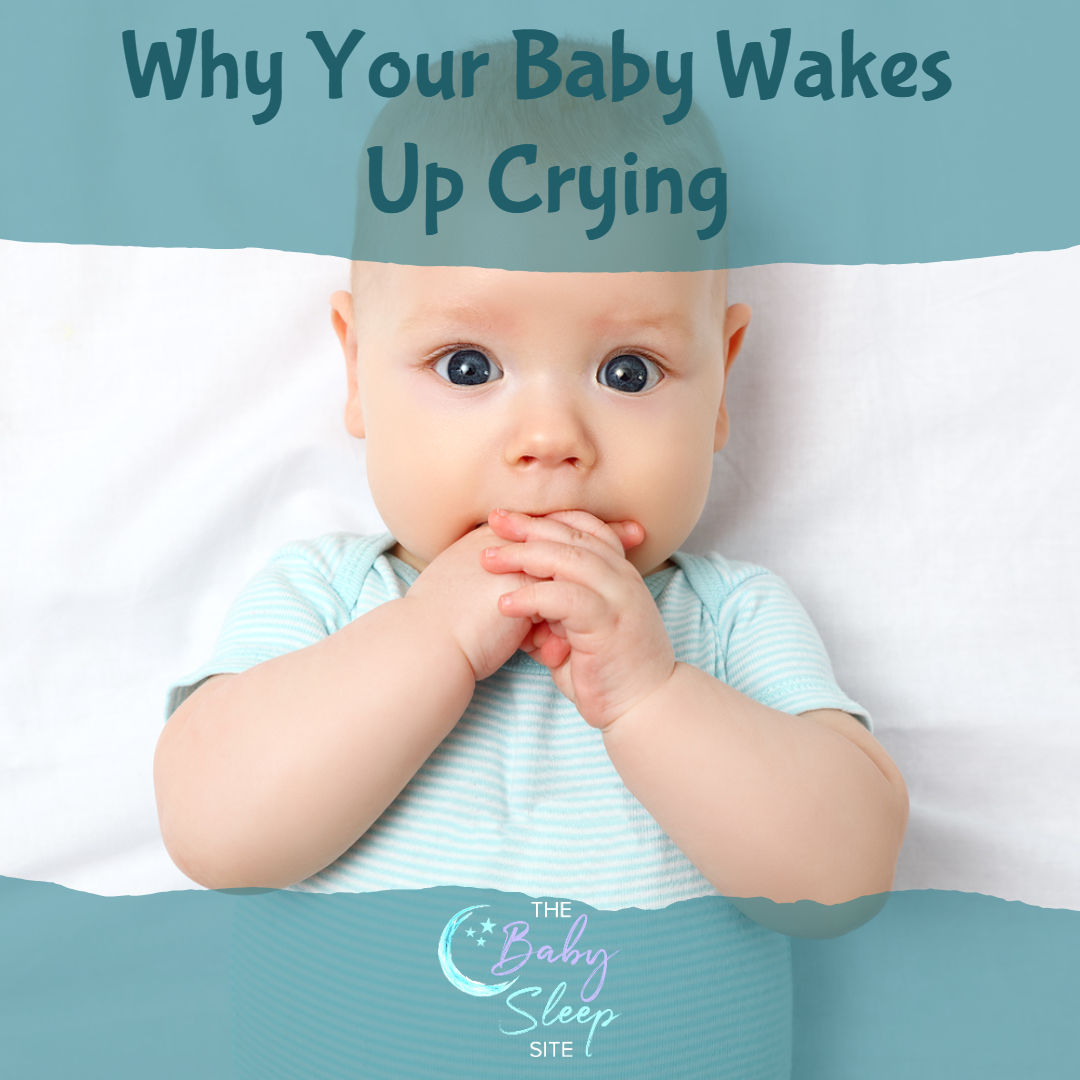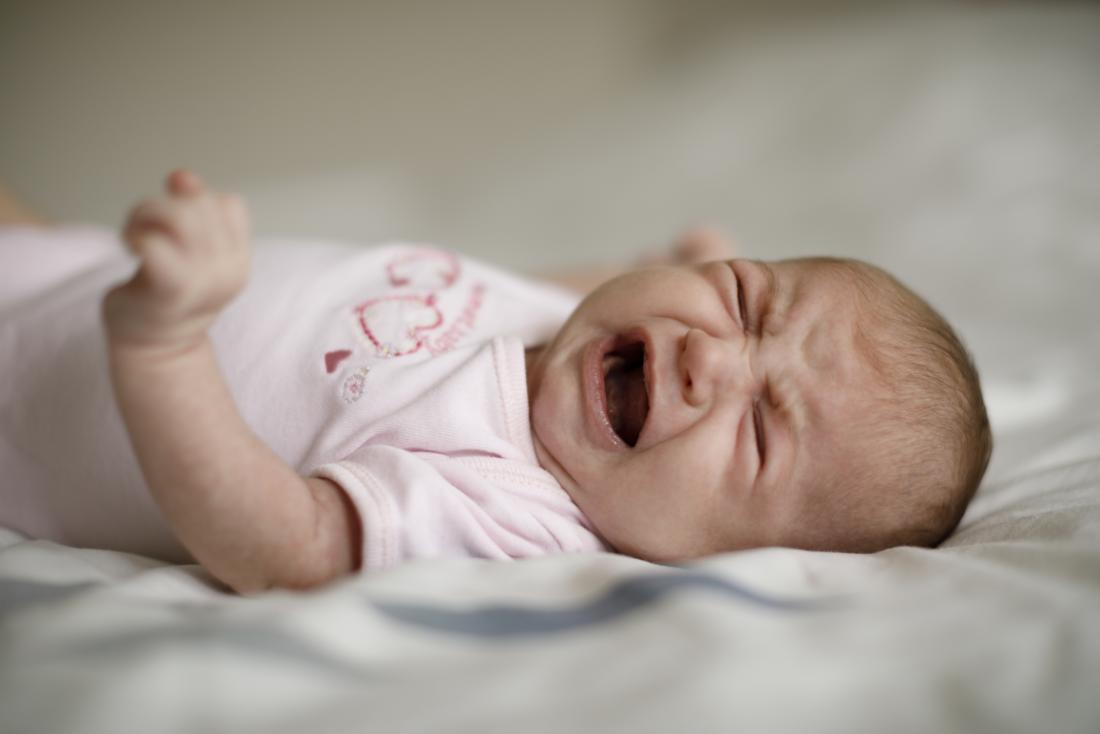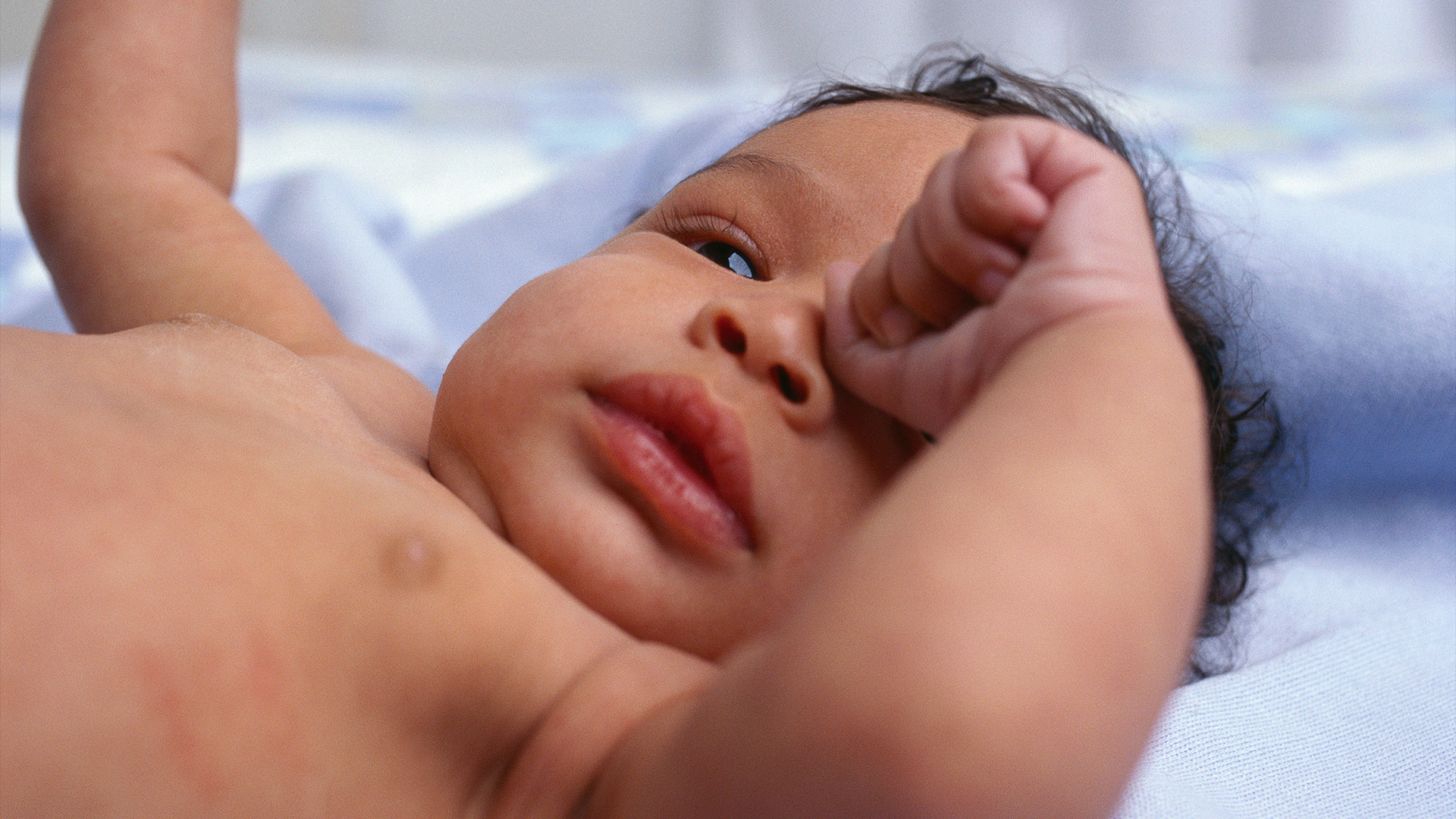Why Does My Baby Wake Up Screaming From Naps? Complete Parent's Guide to Peaceful Sleep
Why Does My Baby Wake Up Screaming From Naps?
A Complete Parent's Guide to Understanding and Solving Nap Time Distress

Understanding why babies wake up crying is crucial for peaceful nap times
Key Takeaway
If your baby consistently wakes up screaming from naps, you're not alone. This common issue affects up to 40% of infants and usually stems from natural sleep cycles, developmental phases, or environmental factors. Most cases resolve with consistent routines and understanding your baby's unique sleep patterns.
Introduction: The Nap Time Struggle
Few things are more heart-wrenching for parents than hearing their baby wake up screaming from what seemed like a peaceful nap. One moment your little one is sleeping soundly, and the next, they're inconsolable, leaving you wondering what went wrong. This scenario plays out in countless homes every day, causing stress for both babies and parents alike.
Understanding why babies wake up distressed from naps is crucial not just for your sanity, but for your baby's overall well-being. Quality sleep is essential for infant development, affecting everything from brain growth to immune system function. When naps consistently end in tears, it can disrupt the entire family's daily rhythm and create a cycle of sleep anxiety.
The good news is that most cases of post-nap crying are completely normal and addressable. By understanding the underlying causes and implementing targeted strategies, you can help your baby transition from sleep to wakefulness more peacefully. This comprehensive guide will explore every aspect of this common challenge, providing you with the knowledge and tools needed to create better nap experiences for your entire family.

Post-nap crying is a common experience that affects many babies and families
Understanding Baby Sleep Cycles
The Science Behind Infant Sleep Patterns
To understand why babies wake up crying, we first need to understand how infant sleep differs from adult sleep. Baby sleep cycles are significantly shorter than adult cycles, lasting approximately 45-60 minutes compared to the adult cycle of 90-120 minutes. This shorter cycle means babies experience more frequent transitions between sleep phases, creating more opportunities for disrupted awakenings.
During a typical sleep cycle, babies move through several stages: light sleep (REM), deep sleep (non-REM), and brief periods of partial wakefulness. The transition between these stages, particularly from deep sleep back to light sleep, is when babies are most vulnerable to waking up distressed. Unlike adults who can often transition smoothly between cycles, babies may struggle with these natural sleep transitions.
Sleep Cycle Fact
Babies spend about 50% of their sleep time in REM (active) sleep, compared to adults who spend only 20-25%. This higher percentage of light sleep makes babies more sensitive to disturbances and more likely to wake during transitions.
The 45-Minute Intruder
Many parents notice their babies consistently wake up crying around the 30-45 minute mark of naps. This phenomenon, often called the "45-minute intruder," occurs because babies naturally experience a lighter phase of sleep at this point in their cycle. While some babies can transition through this phase and continue sleeping, others wake up completely and often feel disoriented and tired.
The reason babies often cry when waking at this point is that they haven't completed a full restorative sleep cycle. They're caught between being tired and being awake, leading to the cranky, disoriented state that results in tears. Understanding this natural pattern can help parents recognize that the crying isn't necessarily indicating a problem—it's often just a sign that the baby needs help transitioning back to sleep or adjusting to being awake.

Understanding sleep cycles helps parents anticipate and manage nap transitions
Common Reasons Babies Wake Up Screaming
Sleep Cycle Disruptions
The most common reason babies wake up crying from naps is natural sleep cycle disruption. As mentioned earlier, babies experience shorter sleep cycles with more frequent transitions between sleep phases. During these transitions, babies may partially wake up and struggle to return to sleep independently. This is particularly common in younger babies who haven't yet developed strong self-soothing skills.
Environmental factors can exacerbate these natural disruptions. Sudden noises, changes in room temperature, or even subtle shifts in lighting can cause a baby to fully wake during a vulnerable transition period. Once awake, babies who were expecting to continue sleeping often become distressed, leading to the screaming that many parents experience.
Overtiredness and Sleep Debt
Paradoxically, one of the leading causes of babies waking up screaming is being overtired before the nap even begins. When babies become overtired, their bodies produce stress hormones like cortisol and adrenaline, which make it harder to fall asleep and stay asleep. These hormones can also cause babies to wake up in a more agitated state.
Sleep debt—the cumulative effect of not getting enough sleep over time—can create a vicious cycle. Overtired babies often take shorter, less restorative naps, which leaves them even more tired for subsequent sleep periods. This can lead to increasingly difficult nap times and more frequent episodes of waking up distressed.
Warning Signs of Overtiredness
- Difficulty falling asleep despite obvious tiredness
- Frequent night wakings
- Shorter than normal naps
- Increased fussiness and irritability
- Fighting sleep or becoming "wired" when tired

Recognizing early tired signs can prevent overtiredness and improve nap quality
Undertiredness and Insufficient Sleep Pressure
On the opposite end of the spectrum, babies who aren't tired enough when put down for naps may also experience disrupted sleep. Sleep pressure—the biological drive to sleep that builds up during wakeful periods—needs to be sufficient for quality sleep. If a baby is put down for a nap too early or has had too much stimulation right before sleep time, they may not have built up enough sleep pressure to sustain a good nap.
Undertired babies often fall asleep initially due to the sleep environment (dark room, quiet surroundings) but wake up quickly because their body isn't ready for extended sleep. This can result in short, unsatisfying naps that leave babies cranky and parents frustrated.
Environmental Disruptions
The sleep environment plays a crucial role in nap quality and how babies wake up. Sudden environmental changes during sleep can startle babies awake, often in a distressed state. Common environmental disruptors include:
- Noise pollution: Sudden sounds like doors slamming, phones ringing, or siblings playing loudly
- Temperature fluctuations: Rooms becoming too hot or cold during the nap
- Light changes: Sunlight streaming in as clouds move or automatic lights turning on
- Uncomfortable sleep surface: Wet diapers, twisted clothing, or uncomfortable positioning
- Air quality issues: Stuffy rooms, strong odors, or allergens in the environment
Physical Discomfort and Health Issues
Physical discomfort is another significant factor that can cause babies to wake up screaming. Unlike adults who can adjust their position or remove an uncomfortable item, babies are dependent on caregivers to address physical discomforts. Common physical causes include:
Digestive issues: Gas, reflux, or constipation can cause discomfort that becomes more noticeable when babies wake up. The change in position from lying down to potentially sitting or standing can exacerbate digestive discomfort.
Growth-related discomfort: Growth spurts, teething, and developmental leaps can all cause physical discomfort that disrupts sleep. Babies may wake up experiencing pain or discomfort they can't understand or communicate effectively.
Illness or infection: Even minor illnesses like colds or ear infections can significantly disrupt sleep quality. Babies may wake up feeling worse than when they went to sleep, leading to distressed crying.

Creating optimal sleep conditions helps minimize environmental disruptions to naps
Age-Specific Considerations
Newborns (0-3 months): The Fourth Trimester
Newborn sleep patterns are fundamentally different from older babies, and crying upon waking is extremely common during this period. Newborns are still adjusting to life outside the womb, where they experienced constant motion, muffled sounds, and consistent temperature. The quiet, still environment of a crib can feel foreign and sometimes distressing.
During the first three months, babies' circadian rhythms are still developing, meaning they don't yet have a clear distinction between day and night sleep. Their sleep cycles are also more fragmented, with frequent transitions between active and quiet sleep. This means more opportunities for disrupted awakenings and subsequent crying.
Newborns also experience more startle reflexes (Moro reflex) during sleep transitions, which can suddenly wake them and cause distress. Additionally, their developing nervous systems are easily overwhelmed, and the transition from sleep to wakefulness can feel jarring and frightening.
Newborn Sleep Tips
- Swaddle to reduce startle reflexes and provide comfort
- Use white noise to mimic womb sounds
- Keep room temperature between 68-70°F (20-21°C)
- Respond quickly to crying to prevent escalation
- Practice safe sleep guidelines consistently
Infants (3-6 months): Sleep Regression and Development
The 3-6 month period often brings the infamous "4-month sleep regression," which can significantly impact nap quality and wake-ups. During this time, babies' sleep patterns mature and become more adult-like, which paradoxically can make sleep more challenging temporarily. Babies begin to cycle more clearly between light and deep sleep, creating more opportunities for problematic awakenings.
This period also coincides with significant cognitive and physical development. Babies are becoming more aware of their surroundings, developing social smiles, and beginning to show preferences for certain people. This increased awareness can make it harder for them to settle back to sleep when they wake during naps, as they may be more interested in interacting with their environment.
Additionally, many babies begin to roll over during this period, which can disrupt sleep if they roll into an uncomfortable position or become stuck in a position they can't get out of independently.
Older Infants (6-12 months): Mobility and Separation Anxiety
As babies become more mobile between 6-12 months, nap challenges often evolve. Babies who are learning to crawl, pull up, or walk may practice these new skills in their sleep, waking themselves up in the process. They might wake up standing in their crib, unable to get back down independently, leading to frustrated crying.
Separation anxiety, which typically peaks around 8-10 months, can also significantly impact nap wake-ups. Babies may wake up distressed because they realize they're alone and don't immediately see their primary caregivers. This developmental phase is normal but can make nap transitions particularly challenging.
Sleep needs also change during this period, with many babies transitioning from three naps to two, or from two naps to one. Mistimed naps or insufficient wake windows can lead to poor quality sleep and distressed awakenings.
